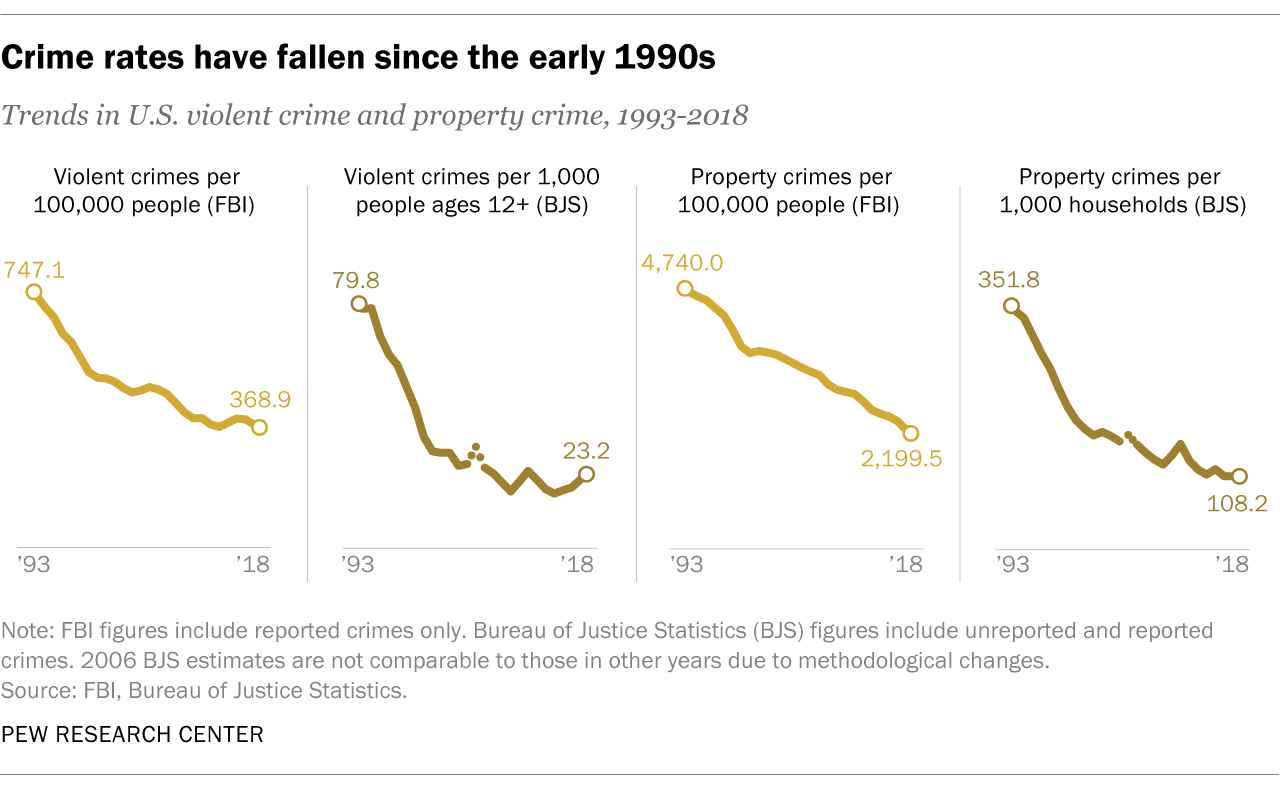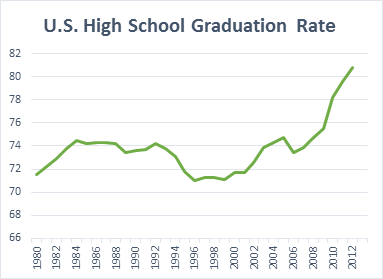I wonder if anyone else caught
Brooks' piece in The Atlantic about a week ago. I assigned it as reading for my Psychology and Economics courses and both groups of students overwhelmingly agreed that a similar pattern of moral convulsion and societal mistrust was emerging here in Honduras as well. These two excerpts from the essay really stood out to me:
For his 2001 book, Moral Freedom, the political scientist Alan Wolfe interviewed a wide array of Americans. The moral culture he described was no longer based on mainline Protestantism, as it had been for generations. Instead, Americans, from urban bobos to suburban evangelicals, were living in a state of what he called moral freedom: the belief that life is best when each individual finds his or her own morality—inevitable in a society that insists on individual freedom.
When you look back on it from the vantage of 2020, moral freedom, like the other dominant values of the time, contained within it a core assumption: If everybody does their own thing, then everything will work out for everybody. If everybody pursues their own economic self-interest, then the economy will thrive for all. If everybody chooses their own family style, then children will prosper. If each individual chooses his or her own moral code, then people will still feel solidarity with one another and be decent to one another. This was an ideology of maximum freedom and minimum sacrifice.
It all looks naive now. We were naive about what the globalized economy would do to the working class, naive to think the internet would bring us together, naive to think the global mixing of people would breed harmony, naive to think the privileged wouldn’t pull up the ladders of opportunity behind them. We didn’t predict that oligarchs would steal entire nations, or that demagogues from Turkey to the U.S. would ignite ethnic hatreds. We didn’t see that a hyper-competitive global meritocracy would effectively turn all of childhood into elite travel sports where a few privileged performers get to play and everyone else gets left behind.
The coronavirus has confronted America with a social dilemma. A social dilemma, the University of Pennsylvania scholar Cristina Bicchieri notes, is “a situation in which each group member gets a higher outcome if she pursues her individual self-interest, but everyone in the group is better off if all group members further the common interest.” Social distancing is a social dilemma. Many low-risk individuals have been asked to endure some large pain (unemployment, bankruptcy) and some small inconvenience (mask wearing) for the sake of the common good. If they could make and keep this moral commitment to each other in the short term, the curve would be crushed, and in the long run we’d all be better off. It is the ultimate test of American trustworthiness.
In March and April, vast majorities of Americans said they supported social distancing, and society seemed to be coming together. It didn’t last. Americans locked down a bit in early March, but never as much as people in some other countries. By mid-April, they told themselves—and pollsters—that they were still socially distancing, but that was increasingly a self-deception. While pretending to be rigorous, people relaxed and started going out. It was like watching somebody gradually give up on a diet. There wasn’t a big moment of capitulation, just an extra chocolate bar here, a bagel there, a scoop of ice cream before bed. By May, most people had become less strict about quarantining. Many states officially opened up in June when infection rates were still much higher than in countries that had successfully contained the disease. On June 20, 500,000 people went to reopened bars and nightspots in Los Angeles County alone.
You can blame Trump or governors or whomever you like, but in reality this was a mass moral failure of Republicans and Democrats and independents alike. This was a failure of social solidarity, a failure to look out for each other.
Alexis de Tocqueville discussed a concept called the social body. Americans were clearly individualistic, he observed, but they shared common ideas and common values, and could, when needed, produce common action. They could form a social body. Over time, those common values eroded, and were replaced by a value system that put personal freedom above every other value. When Americans were confronted with the extremely hard task of locking down for months without any of the collective resources that would have made it easier—habits of deference to group needs; a dense network of community bonds to help hold each other accountable; a history of trust that if you do the right thing, others will too; preexisting patterns of cooperation; a sense of shame if you deviate from the group—they couldn’t do it. America failed.
By August, most Americans understood the failure. Seventy-two percent of Danes said they felt more united after the COVID-19 outbreak. Only 18 percent of Americans felt the same.
Brooks concludes that the broader culture is undergoing a moral shift and that it is occurring on both the political right and the political left; and which in many ways feels in harmony with
Ross Douthat's thesis that we are living in a "Decadent Society"
The cultural shifts we are witnessing offer more safety to the individual at the cost of clannishness within society. People are embedded more in communities and groups, but in an age of distrust, groups look at each other warily, angrily, viciously. The shift toward a more communal viewpoint is potentially a wonderful thing, but it leads to cold civil war unless there is a renaissance of trust. There’s no avoiding the core problem. Unless we can find a way to rebuild trust, the nation does not function.
I know the bien pensants here on MN like to say that the dissolution of the U.S. is no different to them than the dissolution of Czechoslovakia or the Mughal Empire; one Caesar is as evil as the next. This though is the society we find ourselves in (less in my case I suppose); these are our neighbors with whom we share a history. A healthy public square, where neighbors trust and care for each other is a blessing. It may not be perfect, or holy or salvific, but it is a blessing. Brooks' diagnosis is troubling and much more so because my Honduran students see the same thing here. I wonder if anyone has any thoughts beyond "Good Riddance"?
Affiliation: Lancaster Mennonite Conference & Honduran Mennonite Evangelical Church




